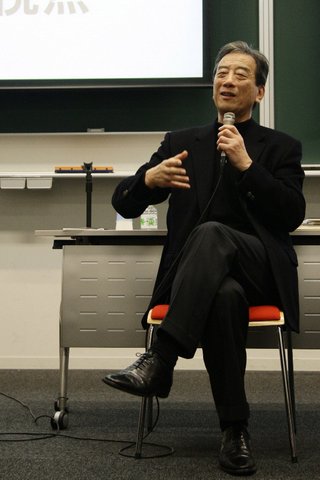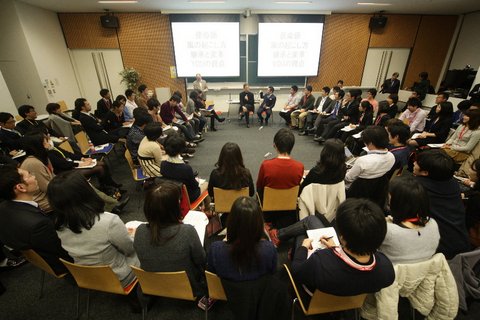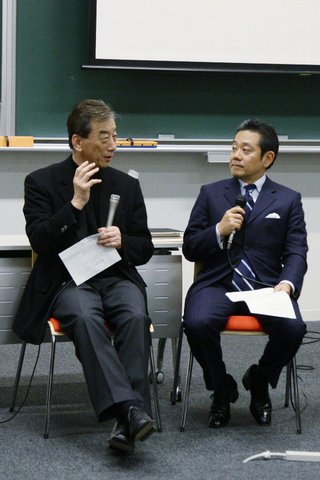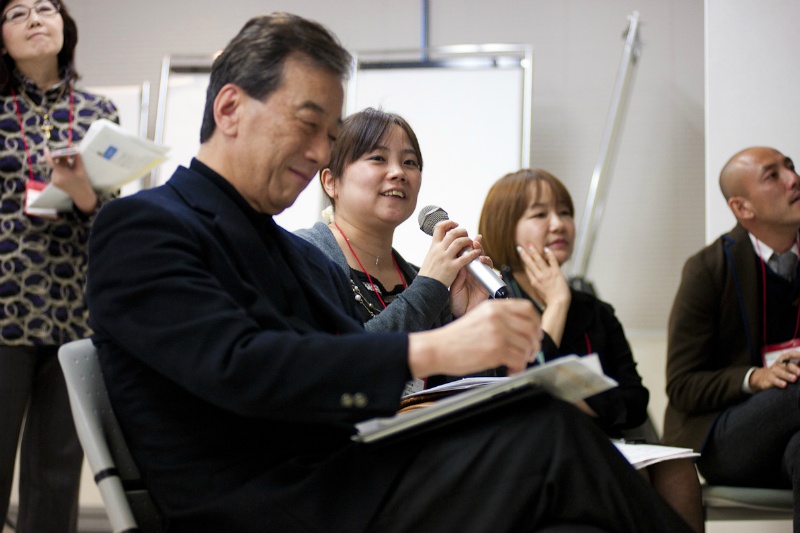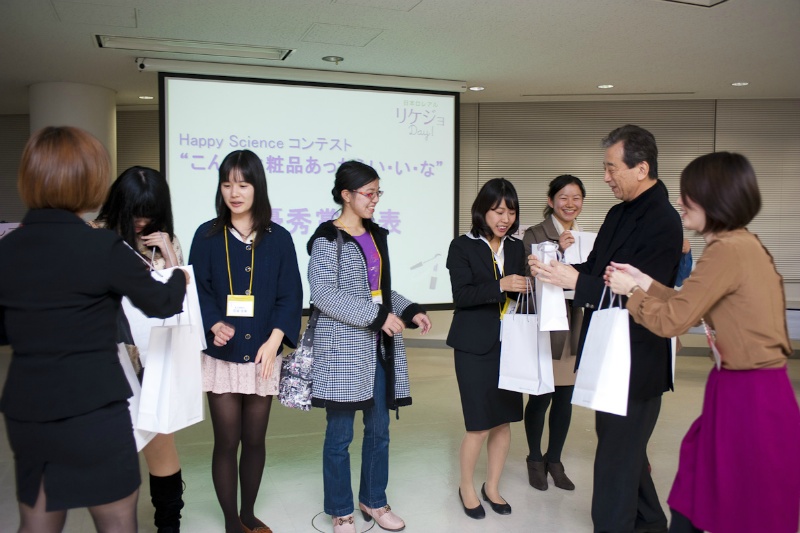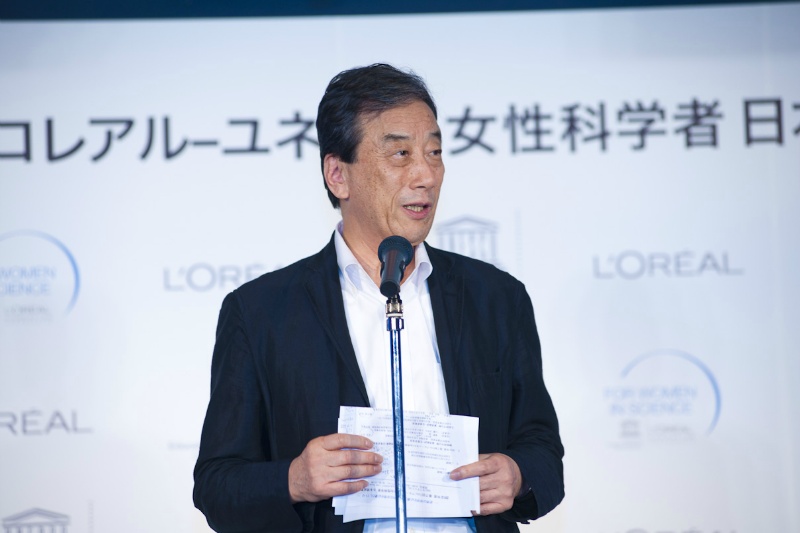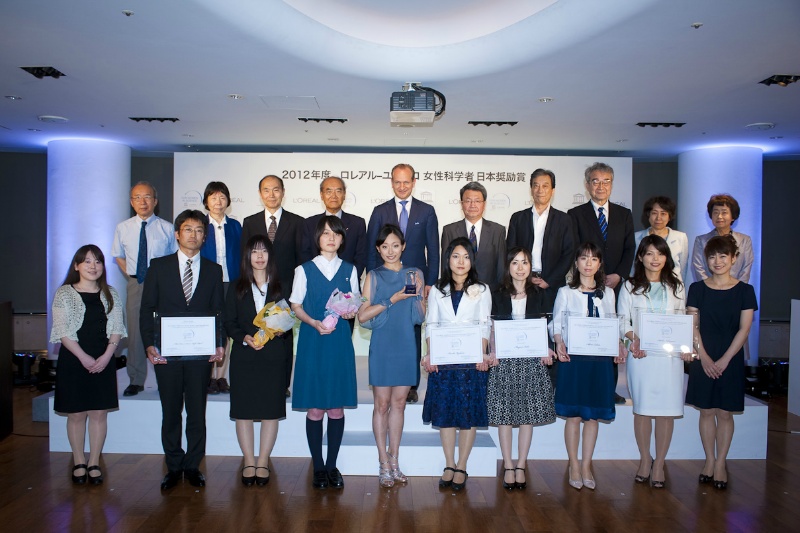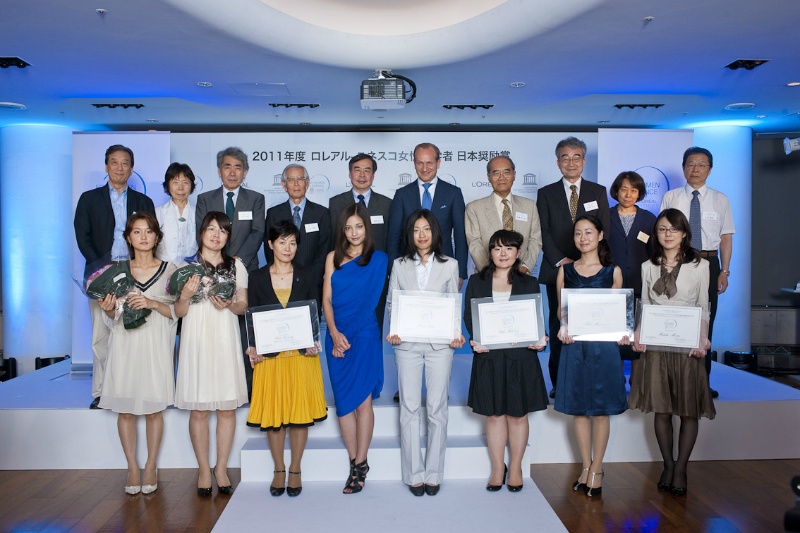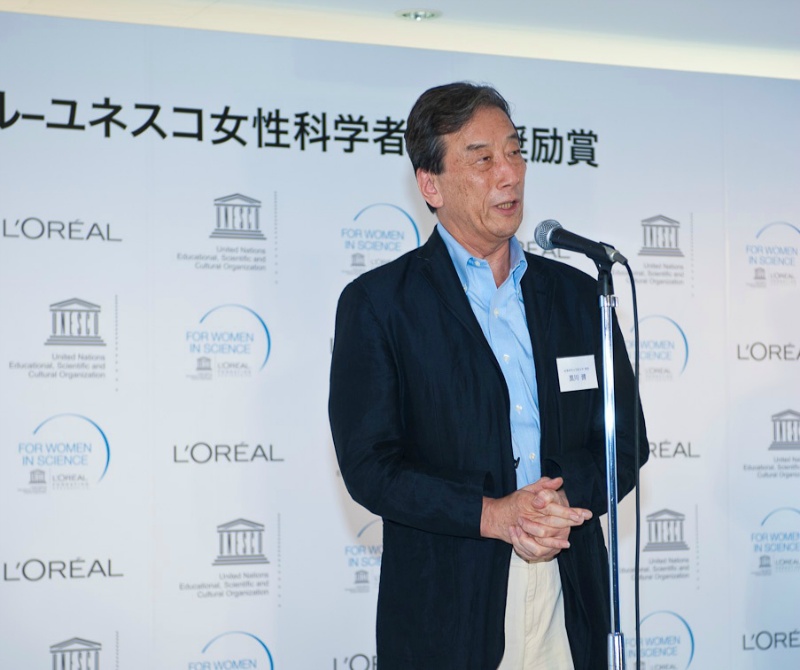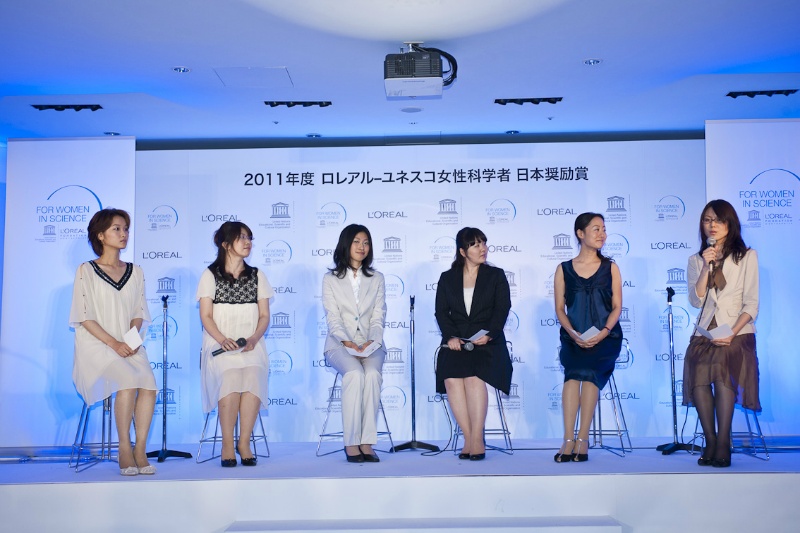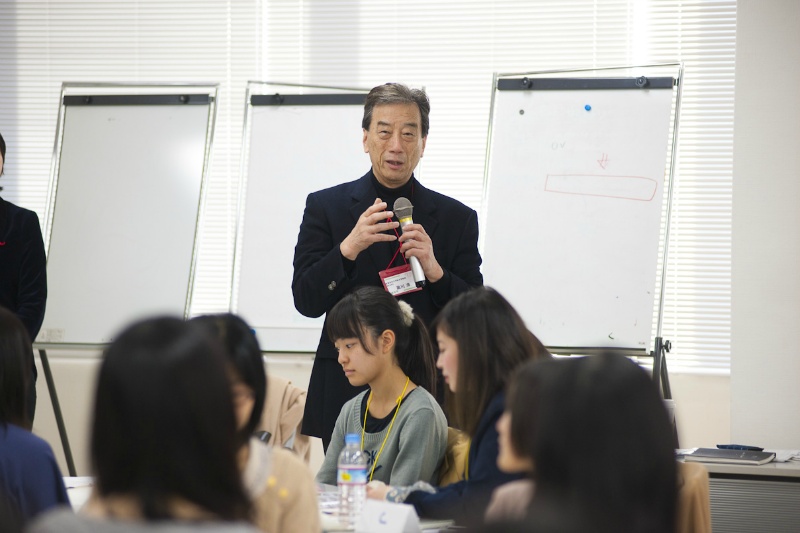→Japanese
I was up early on the 22nd of December; I was on my way to the Shonan Fujisawa Campus (SFC) of Keio University to participate in the TEDxKeioSFC.
This is an event that has its origins in the course 'Global Science and Innovation', a course that I taught in the academic years 2010 and 2011 during the fall term. Through conversations with the students where I heard their requests, it so happened that I invited Todd Porter, who was involved when we launched the TEDxTokyo event, as a guest to one of my lectures.
There was no looking back since that class. Backed by my TA, Mr Nojima and the Dean, Mr. Murai, the students teamed up and poured in their efforts to make the TEDx event a possibility.
On a cold, rainy, winter day, Theta (θ) Auditorium of the SFC campus far from the Tokyo city center, was packed with 500+ students and guests. The theme this time round the team of students picked was 'Think Like a Child'. Everybody was tensed up, but still managed to produce sterling performances. The passion of the speakers was infectious, and soon the air was charged with the shared excitement. I was also happy to meet Atsuyoshi Saisho after a year and half. He bowled the audience over with his superb presentation about his work which takes him to places like Bangladesh and Palestine.
I really feel that the students gathered in SFC were excellent. Those who were in charge of the whole event must have felt very tired, and this sentiment was echoed in the email that I received later.
It must have been an unforgettable experience for them; this working together in a team to achieve a goal within a limited amount of time. This hands-on experience is something that will stand them in good stead in the years to come, and will also boost their self-confidence, enabling them to become game-changers in the years to come. Well done, everybody. As for me, I had to leave for Tokyo right after my talk in the last session. Sorry guys!
I had a good reason, though. I was going to attend an end-of-the-year party organized by some highly motivated undergraduates. They were part of a group that I had lent my support to 2 years ago, and already this group was producing astounding and unexpected results. This group is known as H-LAB (1, 2), or Harvard College Liberal Arts Without Borders.
As a result of these activities and perhaps because of the networks it created, many young participants (high school students) went on to enter prestigious institutes of higher learning like Harvard, Yale, Ivy League and other colleges. It is very heartening to hear that more and more young people in junior high and high schools opting to study abroad in and around UK and the USA.
Yes, its good to know that young people are not being bound by adults who say that they are increasingly reticent. They are taking advantage of new opportunities. And yes, this is the point (1) that I am always trying to get across (1) … Increasingly, young people are able to see opportunities where their parents could not simply because they did not have any role-models close by.
I feel that what we as adults can do is to fully support the activities of these youngsters who have realized that they can change the world for the better.
Impact Japan is one such organization which we created in order to support the 'nails that stand out'. These outliers need all the support that they can get and we try to provide it.
Please do visit our site!
